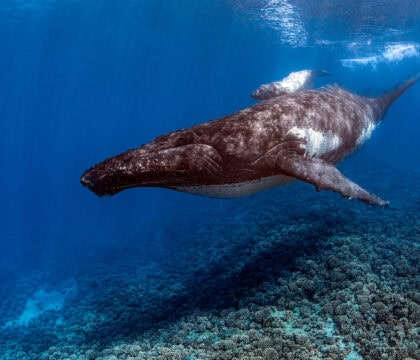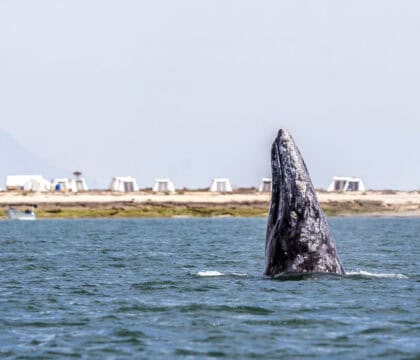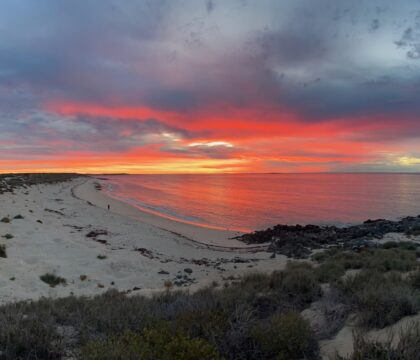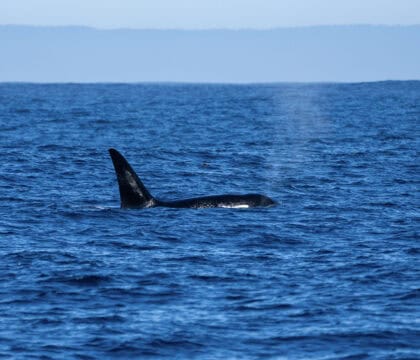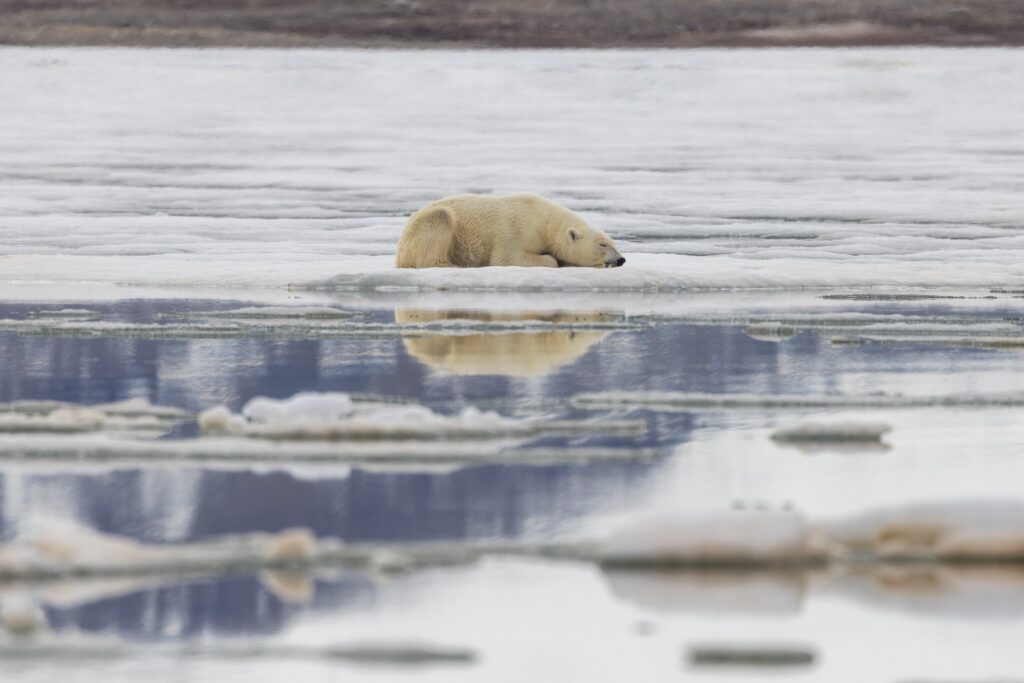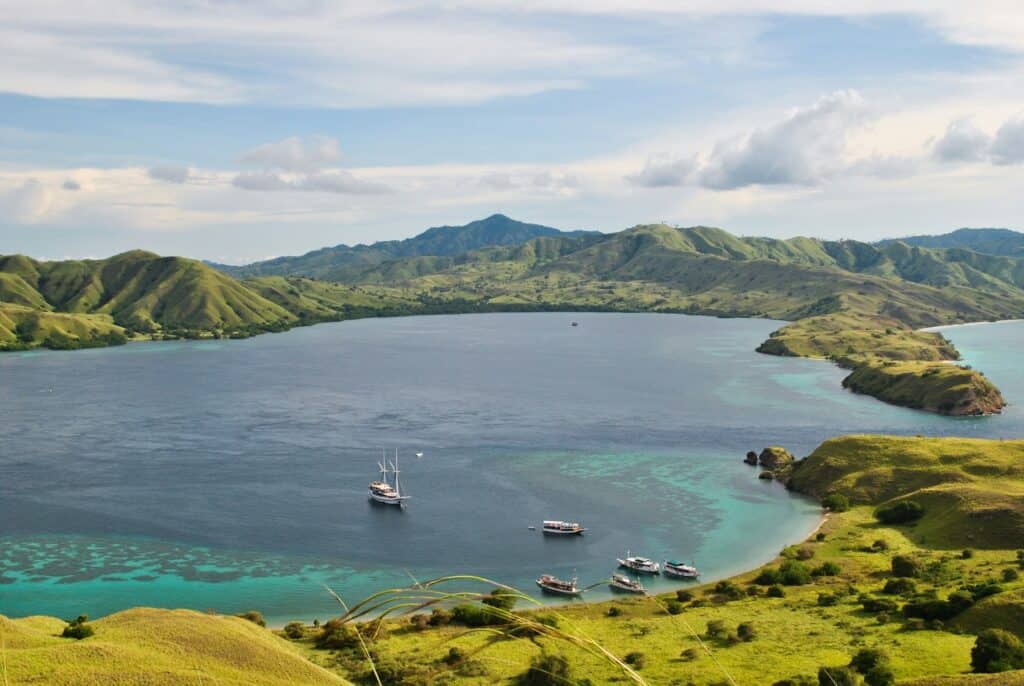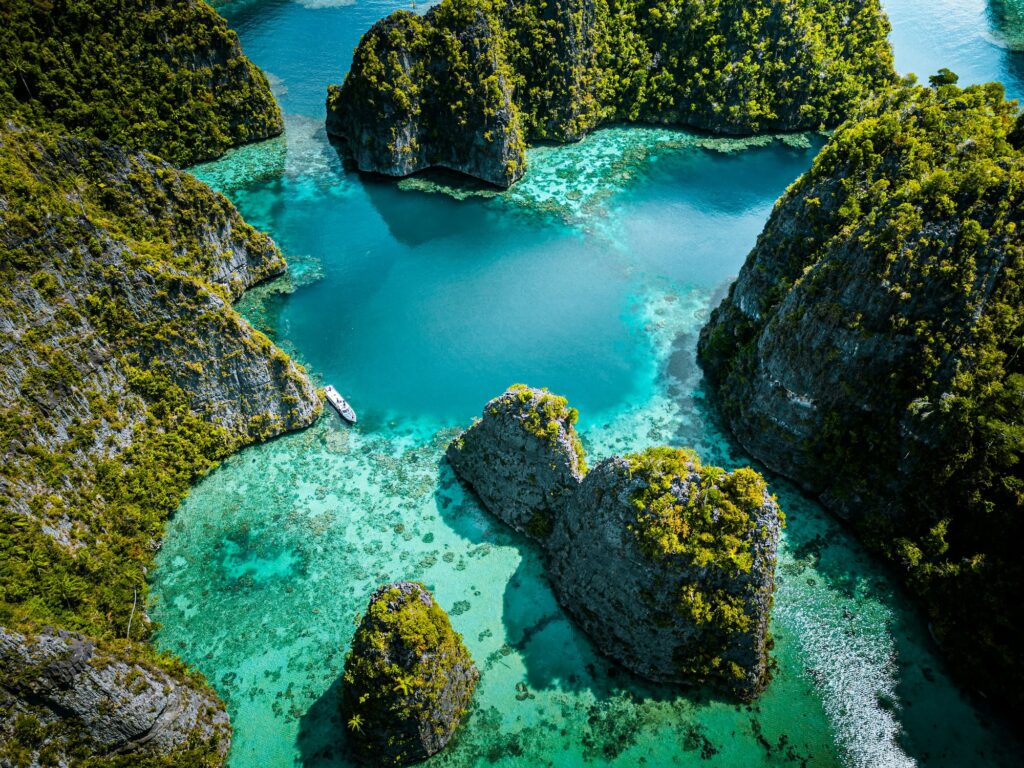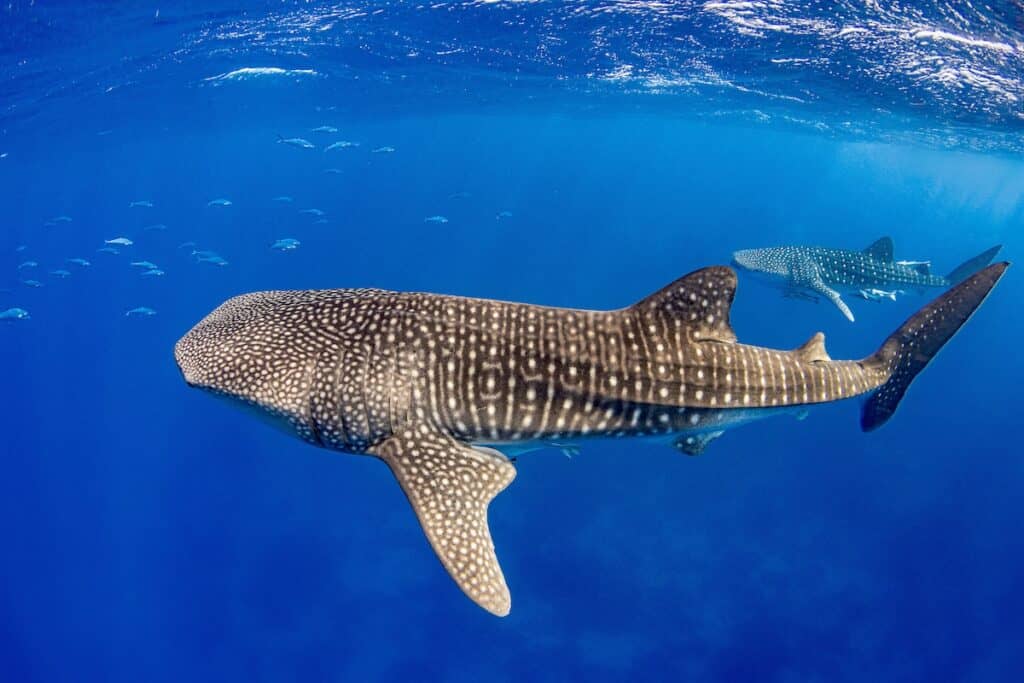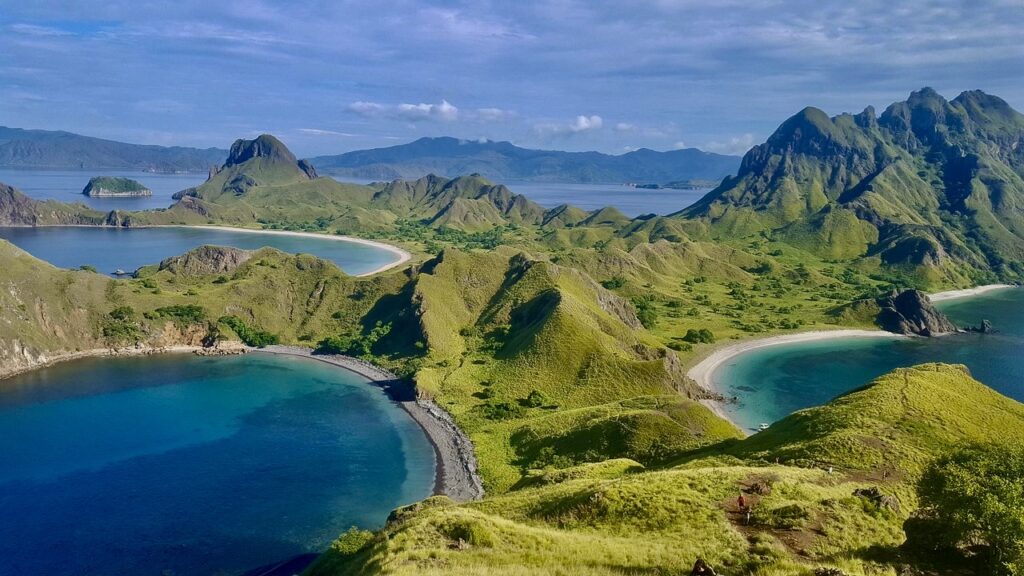July 16, 2024 • Program Updates
We are excited to announce that, after nearly three years of work by dozens of sea turtle experts worldwide, sea turtle Regional Management Units (RMUs), or subpopulations, have been updated and published. This monumental effort was led by the Marine Turtle Specialist Group (MTSG) with support from Oceanic Society’s State of the World’s Sea Turtle (SWOT) program as part of the Seventh Burning Issues Initiative (BI-7).
The Importance of RMUs
Because sea turtles have enormous ranges and are highly migratory, they pose unique challenges to monitoring, assessment, and conservation. For example, protecting the full range of just one of the seven species of sea turtles, the leatherback, would require protecting nearly all of the world’s tropical and subtropical oceans! And the leatherback’s range overlaps with 6 other turtle species, each with distinct life histories, threats, and habitats. RMUs help conservationists by breaking down each species into distinct subpopulations (management units) that are more useful for assessing the species’ status and directing management efforts to conserve them.
To continue with the example of the leatherback, the IUCN Red List of Threatened Species – historically the most trusted tool for assessing extinction risk – indicates that, globally, leatherback turtles are vulnerable to extinction. Yet in the eastern Pacific Ocean, the situation is much worse. Indeed, the subpopulation assessment of eastern Pacific leatherbacks, made possible by the delineation of RMUs, shows that they are critically endangered. The ability to differentiate between the status of the species at the global level and the status of a population at the regional scale is vital to helping prioritize conservation efforts.
RMUs, first defined in 2010, changed the landscape for sea turtle assessment and conservation. They allow conservationists, researchers, and policymakers to better prevent local extinctions and to develop action plans and conservation strategies that are tailored to the specific threats and pressures faced by each population.
The New RMUs
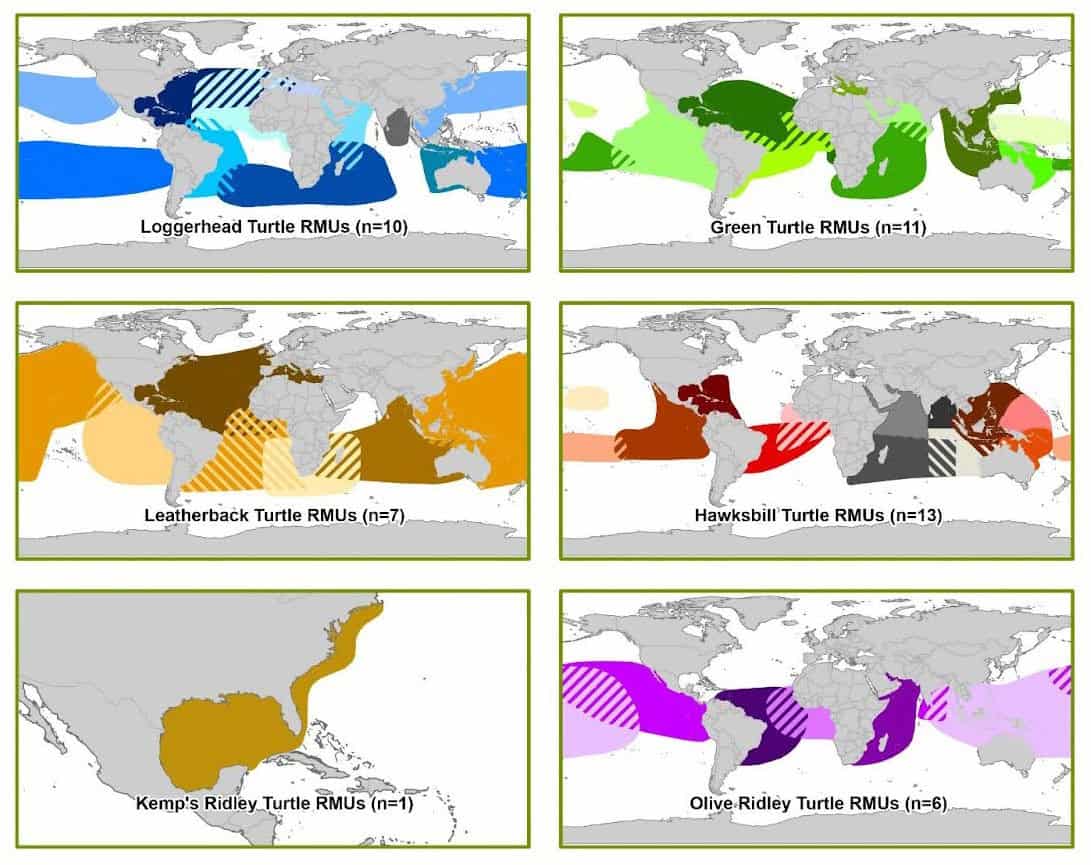
The new paper defines 48 up-to-date sea turtle subpopulations (called RMUs). These divisions allow conservationists to better assess sea turtle status and prioritize conservation action.
In the decade since the first RMUs were created, sea turtle researchers have been hard at work tracking sea turtle’s oceanic migrations, monitoring their nesting grounds, and creating genetic profiles. The abundance of new data meant it was time to revisit the boundaries drawn around RMUs and use the new information to refine and improve them.
This was no easy task. Oceanic Society’s partners and consultants:
- Collated 279 papers with new sea turtle biogeography and genetics data;
- Created 959 maps and plotted 167 genetic stocks;
- Created a custom, interactive mapping platform to collect input from 49 global experts;
- Wrote and published a peer-reviewed article featuring 48 updated RMU boundaries.
This effort resulted in 48 up-to-date sea turtle subpopulations (RMUs) that will continue to facilitate more effective assessment and conservation strategies. The next step in the Burning Issues initiative is to assess the risks and threats that each of these RMUs faces so that we can pinpoint the exact conservation priorities within each population. Stay tuned!
The full publication is available here: Wallace, et al. 2023. Marine turtle regional management units 2.0: an updated framework for conservation and research of wide-ranging megafauna species. Endangered Species Research Vol. 52: 209–223.

